Top 10 Automotive Industry Trends You Must Know in 2024
Discover the top 10 automotive industry trends shaping 2024. Stay ahead with the latest insights.

The automotive industry is constantly evolving, and keeping up with the latest automotive industry trends is essential for anyone passionate about cars. As we move towards 2024, several key trends are emerging that promise to reshape the way we think about vehicles, from the way they're powered to how they're used in our daily lives. This article delves into the top 10 automotive industry trends you must know in 2024, offering insights into the future of transportation.
Exploring the Latest Automotive Industry Trends
As we look towards 2024, the automotive sector is on the cusp of revolutionary changes, marked by the following trends. These trends not only highlight the industry's rapid pace of innovation but also underscore the shifting preferences and priorities of consumers around the globe.
List of Top Choices
- Electric Vehicle (EV) Adoption
- Autonomous Vehicles
- Connectivity and Digitalization
- Shared Mobility
- Sustainability and Circular Economy
- Advanced Driver Assistance Systems (ADAS)
- Cybersecurity
- Alternative Fuels
- Lightweight Materials
- Personalization and Customization
Electric Vehicle (EV) Adoption

- Environmental Benefits: EVs significantly reduce greenhouse gas emissions compared to traditional vehicles.
- Technological Advancements: Continuous improvements in battery technology are making EVs more accessible and affordable.
- Government Incentives: Many countries offer financial incentives to encourage the purchase of EVs, driving adoption rates higher.
Electric Vehicle (EV) adoption is set to skyrocket in 2024 as the culmination of technological advancements and environmental concerns drive consumers towards more sustainable transportation options. With governments around the globe pushing for greener alternatives through incentives and mandates, and advancements in battery technology making EVs more practical for daily use, we're witnessing a paradigm shift in vehicle preferences. This trend signifies a major step towards reducing the automotive industry's carbon footprint and paving the way for a more sustainable future in transportation.
Autonomous Vehicles
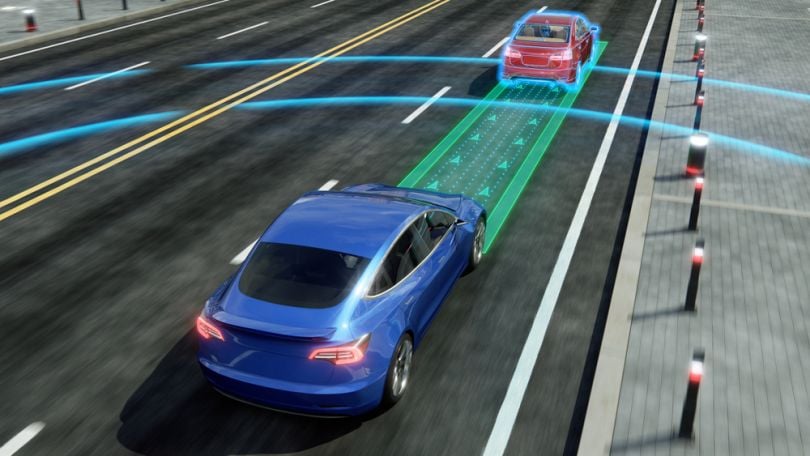
- Safety: Self-driving cars aim to reduce human error, which is a major cause of accidents.
- Efficiency: Autonomous vehicles can optimize routes and reduce traffic congestion.
- Accessibility: Increased mobility for those unable to drive, such as the elderly or disabled.
The advancement and testing of autonomous vehicles (AVs) continue to make remarkable progress, pointing towards a future where cars drive themselves. This move towards automation is promising to revolutionize transportation by improving safety through the reduction of human error, enhancing efficiency on the roads, and providing greater accessibility. The potential of AVs to transform the daily commute, long-haul transport, and even urban design is immense, making it one of the most closely watched trends in the automotive industry.
Connectivity and Digitalization

- Enhanced User Experience: Integration of smart technology improves comfort and convenience for drivers and passengers.
- Data Analysis: Vehicles can collect and analyze data for maintenance predictions and personalized driving experiences.
- Safety Features: Advanced connectivity aids in improving vehicle safety through real-time updates and alerts.
Connectivity and digitalization in vehicles are rapidly advancing, transforming cars into more than just a means of transportation; they're becoming mobile data hubs. This trend is driven by the integration of technologies like 5G, artificial intelligence, and the Internet of Things (IoT), which collectively enhance the user experience through personalized settings, predictive maintenance, and more. Moreover, the safety features offered by connected vehicles, such as real-time traffic updates and emergency response systems, signify a leap forward in automotive safety and efficiency.
Shared Mobility

- Cost Efficiency: Offers a cost-effective alternative to vehicle ownership, especially in urban settings.
- Flexibility: Provides users with various options including ride-hailing, car-sharing, and subscription services.
- Sustainability: Can reduce the number of vehicles on the road, thus lowering urban congestion and emissions.
The rise of shared mobility services is revolutionizing the way we think about car ownership and urban transportation. With the growth of car-sharing and ride-hailing platforms, as well as emerging vehicle subscription models, consumers are embracing more flexible, cost-effective, and sustainable transportation options. This shift not only caters to the demand for convenience and efficiency but also aligns with broader environmental goals by potentially reducing the number of vehicles on the road and the associated emissions.
Sustainability and Circular Economy
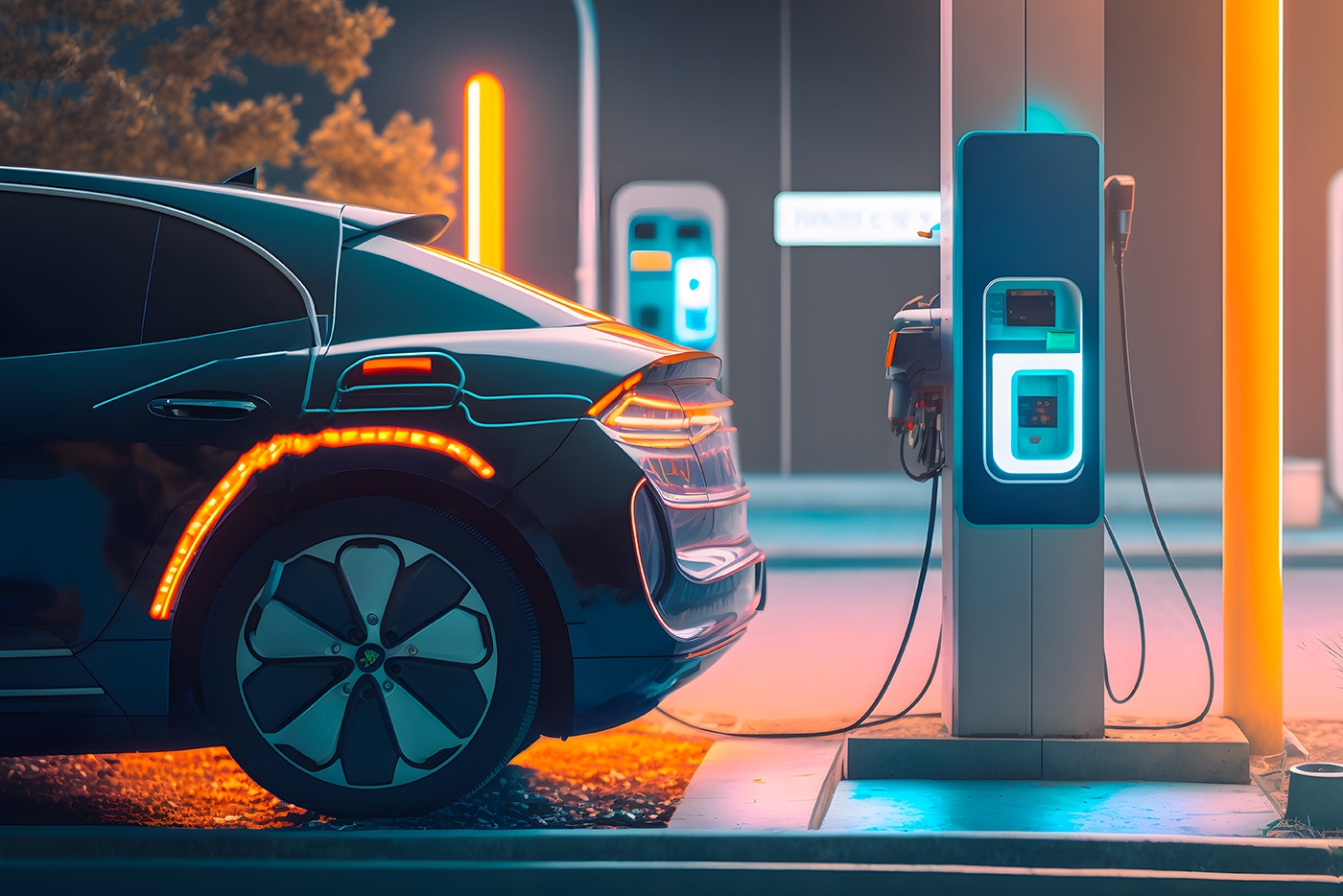
- Eco-friendly Materials: Use of sustainable materials in vehicle production is on the rise.
- Recycling Initiatives: Increased focus on recycling and repurposing automotive parts and materials.
- Carbon Neutrality Goals: Many automakers are setting ambitious targets to reduce their carbon footprint.
The automotive industry is increasingly adopting practices aligned with sustainability and the principles of a circular economy. By prioritizing the use of eco-friendly materials, embracing recycling and repurposing initiatives, and setting bold carbon neutrality goals, the sector is making significant strides towards minimizing its environmental impact. This shift not only reflects a growing consumer demand for more sustainable products but also represents the industry's recognition of its responsibility to protect the environment for future generations.
Advanced Driver Assistance Systems (ADAS)
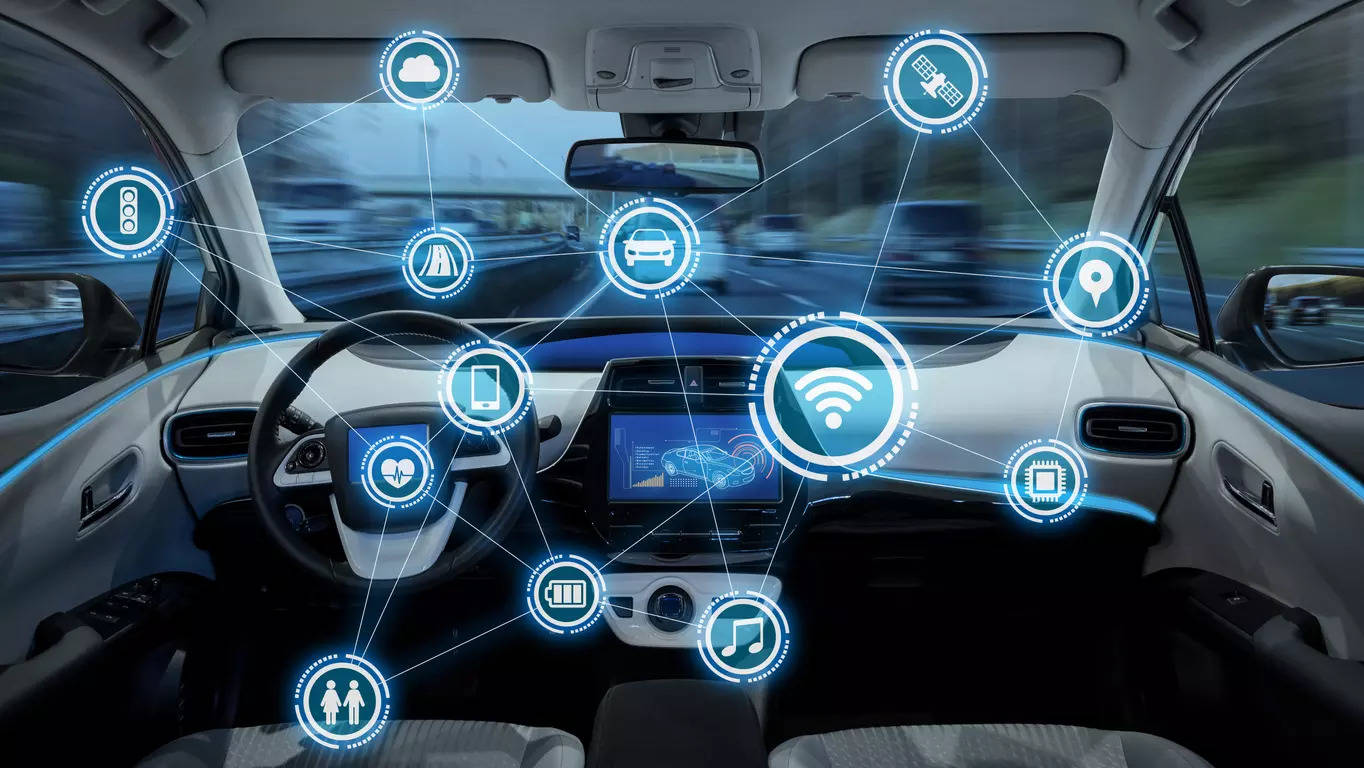
- Enhanced Safety: Features like automatic braking and lane-keeping assist prevent accidents.
- Driver Comfort: Systems such as adaptive cruise control improve driving experience on long journeys.
- Insurance Benefits: Adoption of ADAS can lead to lower insurance premiums due to enhanced safety features.
Advanced Driver Assistance Systems (ADAS) are becoming increasingly common in vehicles, heralding a new era of safety and comfort for drivers. By integrating features that can prevent accidents before they happen, vehicles equipped with ADAS contribute significantly to road safety. These systems do not just offer peace of mind for drivers and passengers; they are also positively impacting insurance premiums, making them a financially savvy choice for the conscientious consumer. As technology evolves, we can expect ADAS features to become even more sophisticated, further enhancing the driving experience.
Cybersecurity

- Protection Against Threats: Secure vehicle systems from hacking and unauthorized access.
- Data Privacy: Safeguard personal information that vehicles collect and store.
- Consumer Trust: Essential for the adoption of connected and autonomous vehicles.
As vehicles become more connected, the importance of cybersecurity cannot be overstated. Protecting vehicle systems from cyber threats and ensuring the privacy of user data are paramount to gaining consumer trust. Manufacturers are investing heavily in securing vehicle communication systems and data storage to guard against hacks, which could compromise not just personal information but also vehicle functionality and safety. This commitment to cybersecurity is crucial for the continued acceptance and growth of connected and autonomous vehicle technologies.
Alternative Fuels
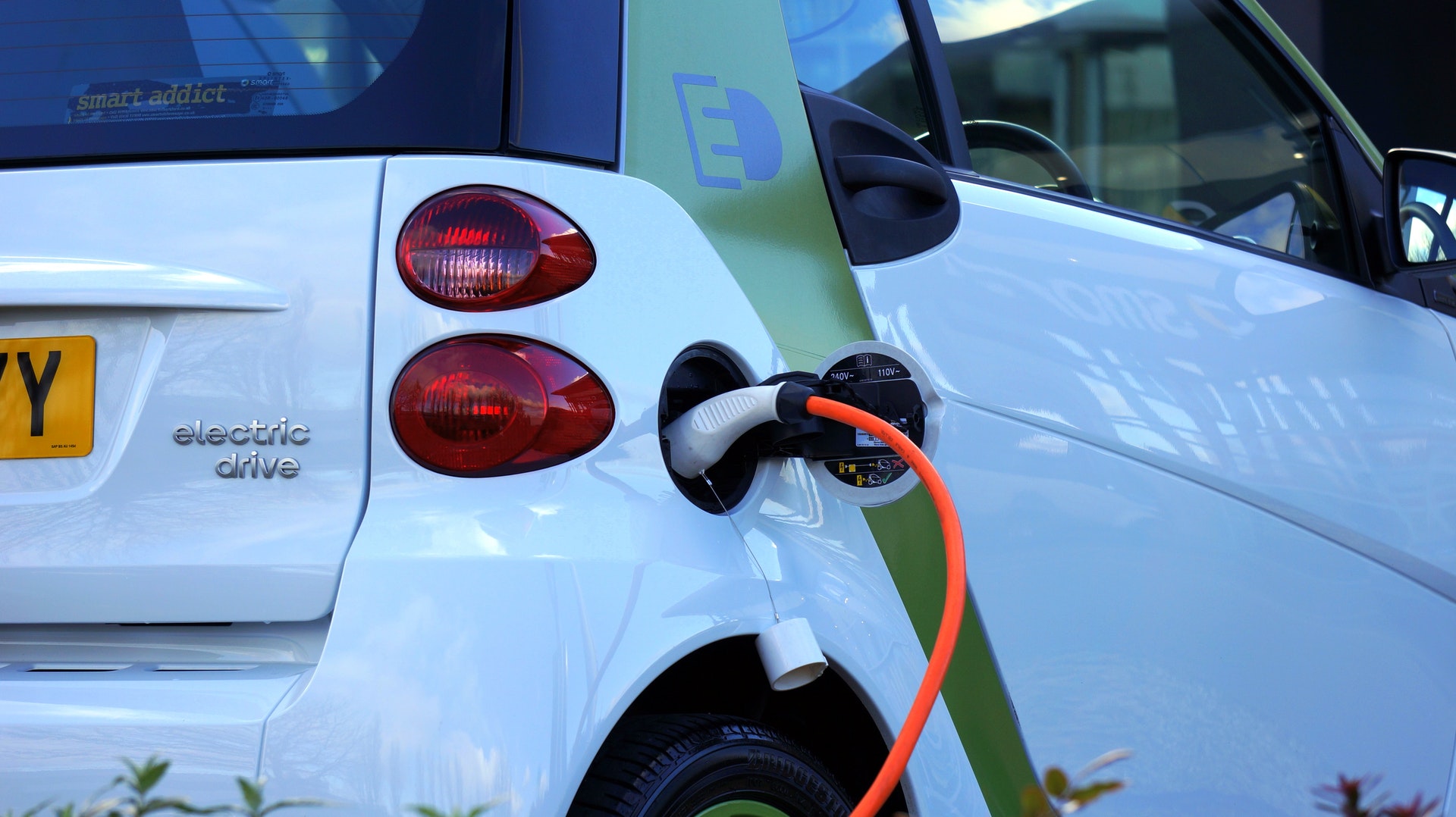
- Reduced Emissions: Lower greenhouse gas emissions compared to conventional fuels.
- Energy Diversity: Less dependence on oil and greater use of renewable energy sources.
- Innovation: Ongoing research into efficient and cost-effective alternative fuel options.
The exploration and adoption of alternative fuels is a key trend in the automotive industry, driven by the need to reduce emissions and dependency on oil. As research into hydrogen fuel, biofuels, and other clean energy sources progresses, we are seeing more vehicles capable of running on these innovative fuels. The push towards alternative fuels is not just about environmental benefits; it's also about diversifying energy sources and spurring technological innovation in the automotive sector. This trend is likely to accelerate as the global community continues to prioritize sustainability and energy efficiency.
Lightweight Materials
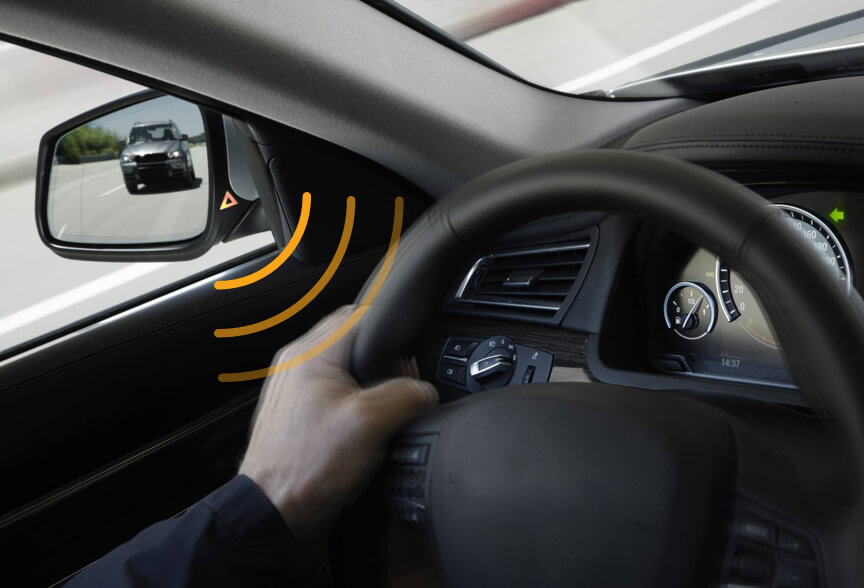
- Fuel Efficiency: Lighter vehicles consume less fuel, contributing to reduced environmental impact.
- Performance: Improved acceleration and handling characteristics.
- Sustainability: Use of recyclable and sustainable materials in vehicle production.
The use of lightweight materials in vehicle construction is a growing trend that offers multiple benefits, from enhanced fuel efficiency to improved performance. By reducing the weight of vehicles, manufacturers can not only lower fuel consumption and emissions but also improve acceleration and handling, providing a more responsive driving experience. Additionally, the focus on using recyclable and sustainable materials aligns with broader environmental goals, making this trend not just about performance but also about promoting sustainability in the automotive industry.
Personalization and Customization
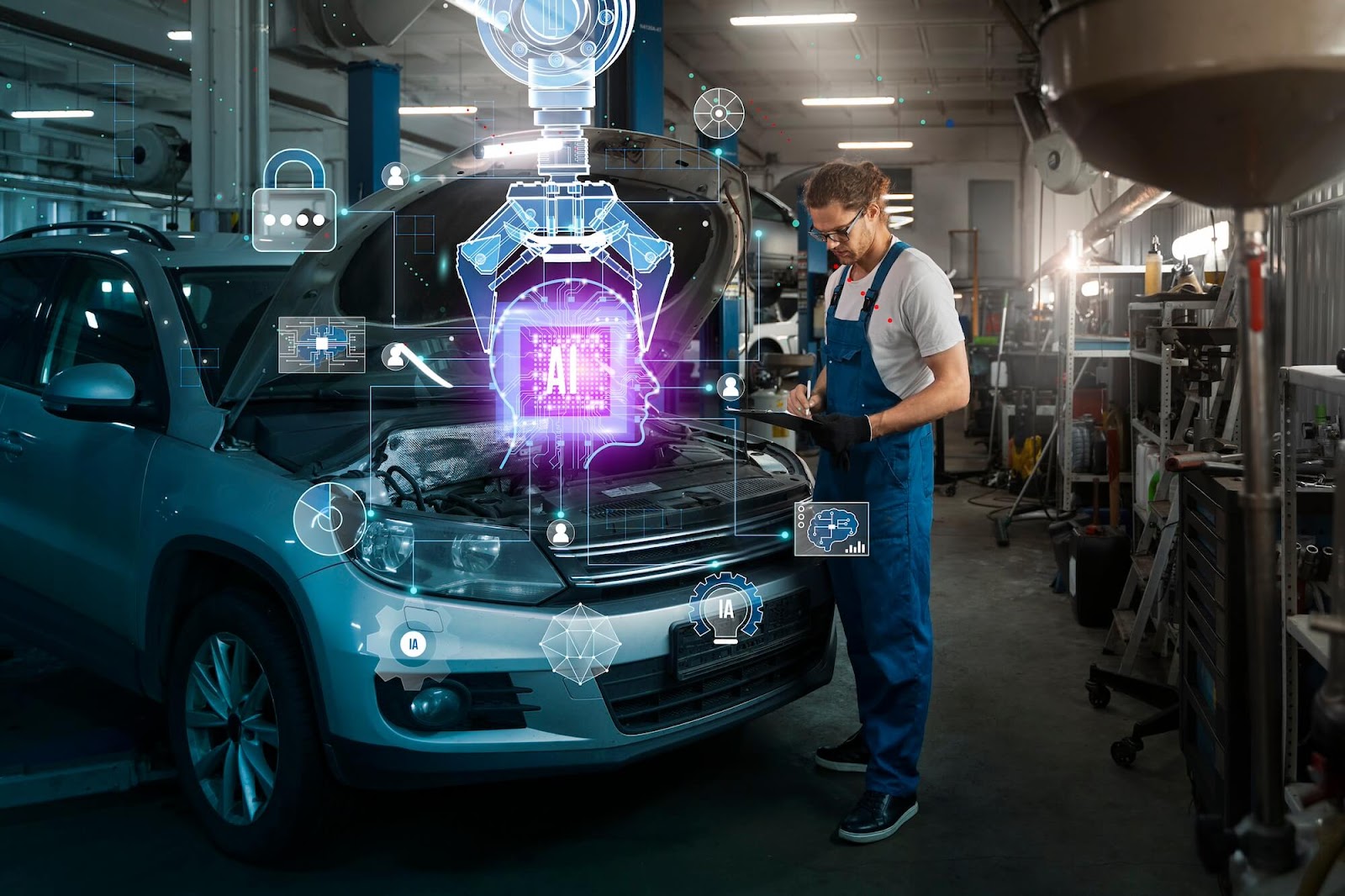
- Individual Preferences: Tailoring vehicles to meet specific customer needs and desires.
- Advanced Manufacturing: Utilizing innovative manufacturing techniques to offer a wide range of customization options.
- Market Differentiation: Brands can stand out by offering unique customization capabilities.
The ability to personalize and customize vehicles is a trend that continues to gain momentum, driven by consumer desire for products that reflect their individual preferences and lifestyle. With advances in manufacturing technologies, automakers can offer an unprecedented range of customization options, from external colors and finishes to interior features and infotainment systems. This not only enhances the buyer's experience but also allows brands to differentiate themselves in a competitive market. As consumers increasingly look for vehicles that can be tailored to their specific wants and needs, personalization and customization are set to become even more prevalent in the automotive industry.
In conclusion, these trends highlight the dynamic nature of the automotive industry as it adapts to changing consumer demands, technological advancements, and environmental challenges. As we move into 2024 and beyond, these trends are expected to drive significant transformations in the way vehicles are designed, powered, and experienced. Staying informed about these trends is crucial for anyone with a keen interest in the automotive sector, whether they're consumers, manufacturers, or industry analysts.
What's Your Reaction?


































































